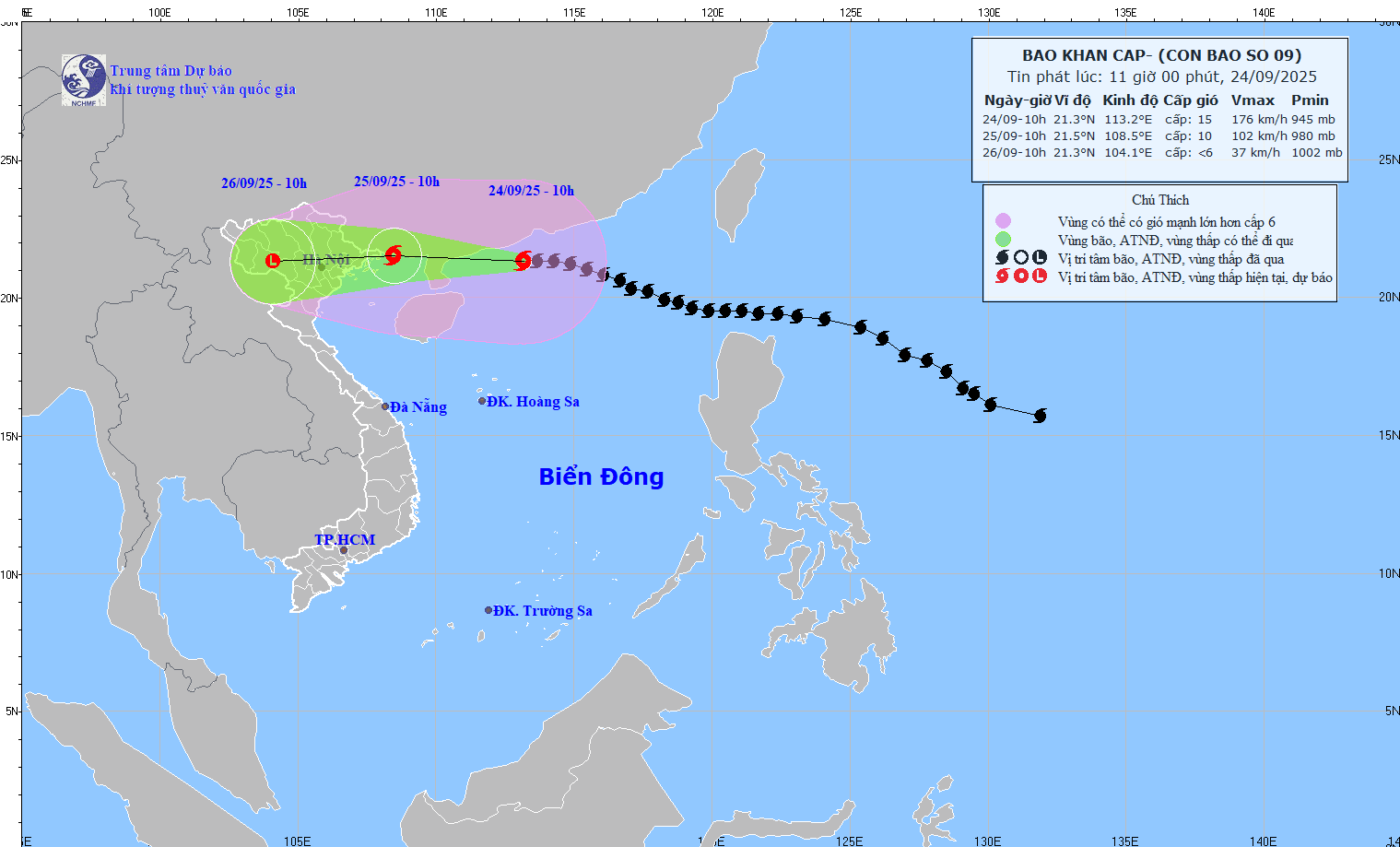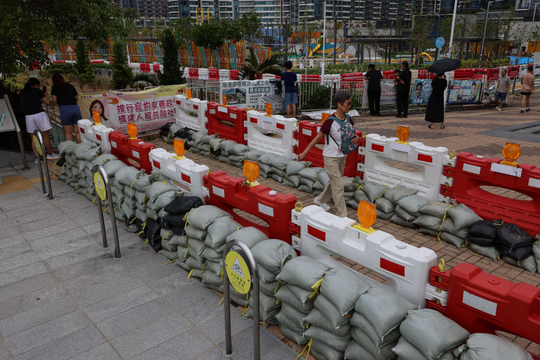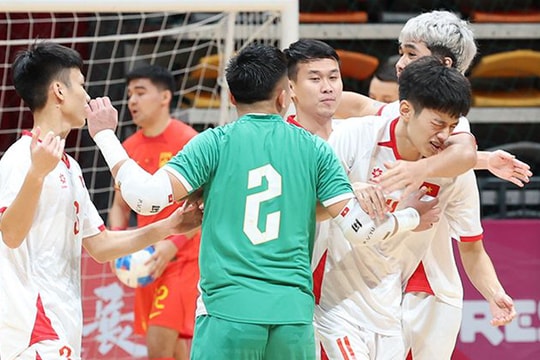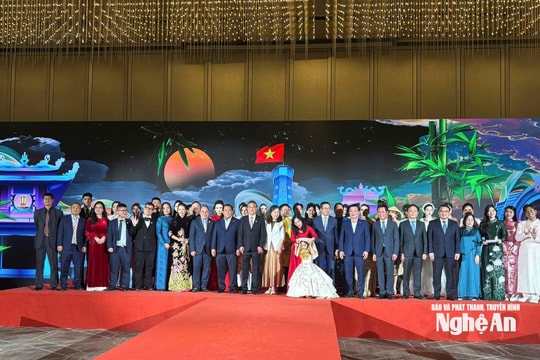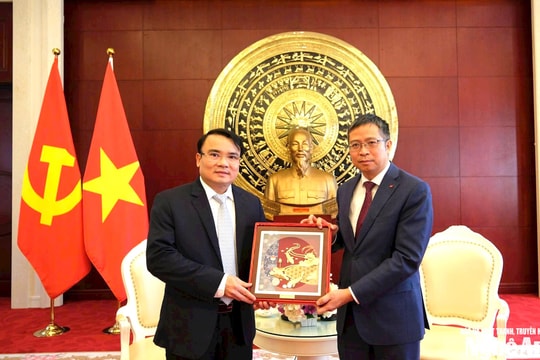US-ASEAN Conference: revolves around China issue
(Baonghean.vn) - On February 15, in California, USA, US President Barack Obama welcomed leaders of 10 Southeast Asian countries within the framework of the first conference with ASEAN.
This unprecedented summit took place at Sunnylands, 100 miles east of Los Angeles. It was an interesting coincidence that nearly three years ago, President Obama met with Chinese President Xi Jinping at this very place.
For the US leader, this meeting is a move to strengthen ties with ASEAN before his term ends. The US President also planned to visit Vietnam and Laos in 2016 to emphasize the message of US connection with the Southeast Asian region.
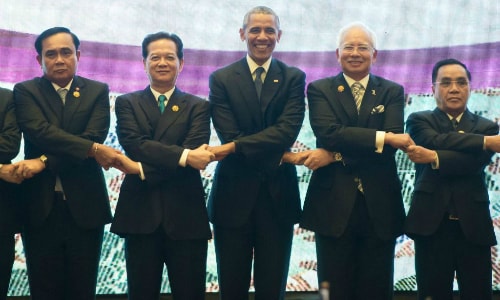 |
| The US President and Southeast Asian leaders at a summit on the sidelines of the ASEAN Summit in November 2015 in Malaysia. Photo: AFP |
If in the past, the ASEAN community was “ignored” by the US because it was considered too small and inconsistent, now the situation has completely changed. Right from the beginning of his term in 2009, Mr. Obama determined to take ASEAN as an important “springboard” for the “pivot” towards Asia, to counter the rising power named China.
Ben Rhodes - close advisor to the US President emphasized:
“Together, the 10 ASEAN countries form the seventh largest economic power in the world. The region is also at the heart of many key security issues: maritime security, counter-terrorism, and cybercrime.”
China will certainly be at the center of the conversation between ASEAN and the US. According to Earnest Bower, an expert from the Center for Strategic and International Studies, through this conference, the US President has the ambition to "create a strategic environment to force China to respect the rules".
Many ASEAN member states are currently engaged in sovereignty disputes with Beijing in the East Sea – a strategic crossroads of world trade and a region rich in fisheries and oil and gas resources. Washington’s official statements so far have expressed a neutral stance on the issue of sovereignty in the East Sea. However, the US has still clearly condemned Beijing’s “militarization” of the region and supported Southeast Asian countries.
One of the goals of the February 15-16 meeting, diplomats say, will be to agree on a common position between ASEAN and the US on the sensitive issue. This could add weight to the ruling by the Hague arbitration court and put pressure on Beijing. China has said it rejects the validity of the ruling, which will be issued in the coming months.
“We want to emphasize the message that Americans will be present at the table and actively participate in resolving disputes in the Asia-Pacific in the coming decades,” said Mr. Ben Rhodes, advisor to the President.
Thuc Anh
(According to AFP)
| RELATED NEWS |
|---|

